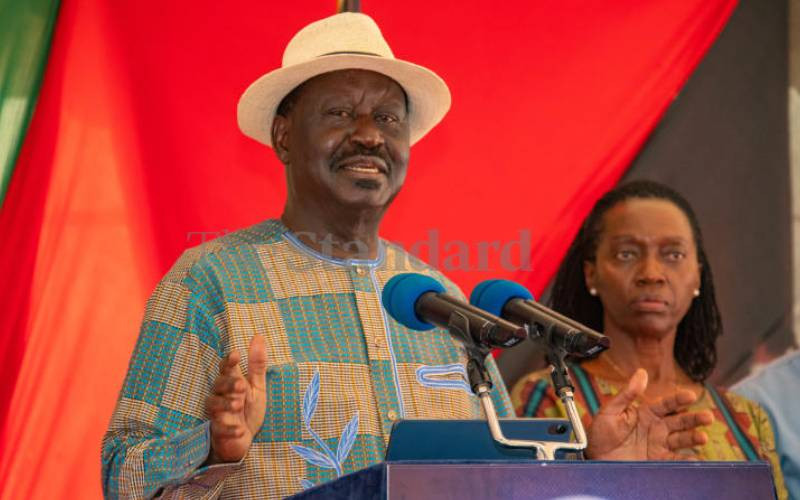×
The Standard e-Paper
Join Thousands Daily

Philip Mbithi, venerated former Vice Chancellor of Nairobi University, once faced a challenging situation.
Students aggrieved by some inanity wanted to hold a public demonstration. Then, such action was synonymous with violent confrontation between students and the police.